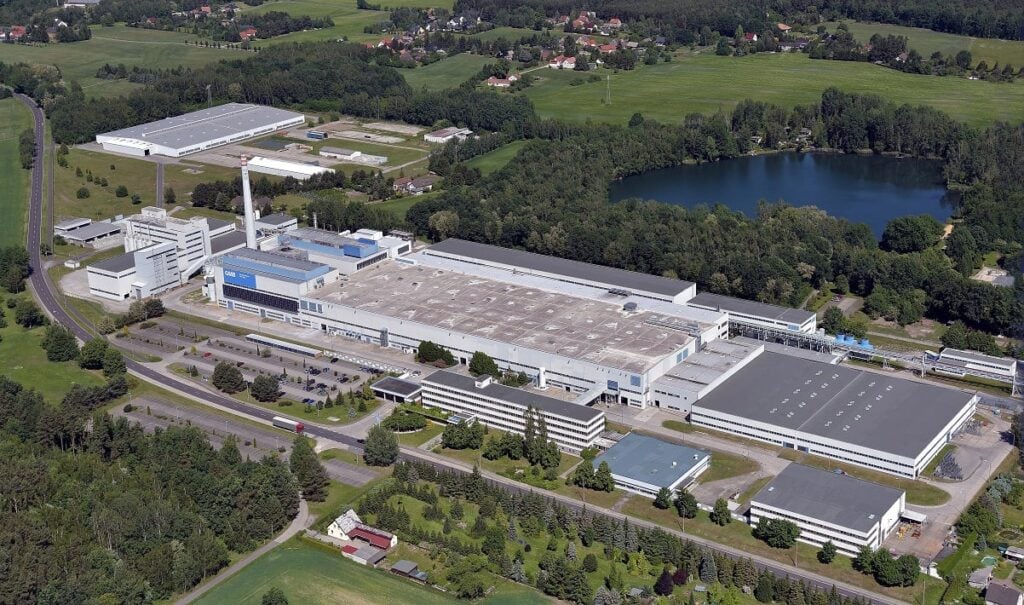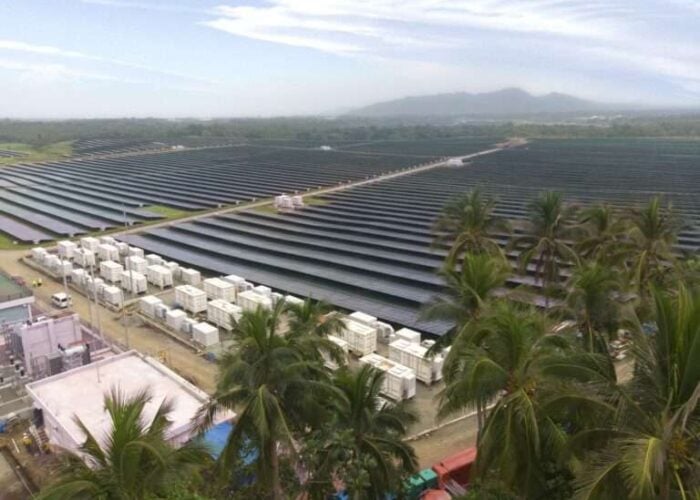
Recommended antidumping duties on solar glass imports from China and Vietnam should be successful in protecting the domestic Indian solar industry from the “onslaught” of dumping, an India- and UK-based lawyer specialising in trade disputes tells PV Tech Premium.
This week, the Indian Department of Commerce imposed preliminary antidumping measures on solar glass producers shipping products from China and Vietnam to India, after the country’s Directorate General of Trade Remedies (DGTR) found that such imports had “injured” India’s domestic glass manufacturing industry.
Unlock unlimited access for 12 whole months of distinctive global analysis
Photovoltaics International is now included.
- Regular insight and analysis of the industry’s biggest developments
- In-depth interviews with the industry’s leading figures
- Unlimited digital access to the PV Tech Power journal catalogue
- Unlimited digital access to the Photovoltaics International journal catalogue
- Access to more than 1,000 technical papers
- Discounts on Solar Media’s portfolio of events, in-person and virtual
The DGTR noted that the imports were “undercutting the prices of the domestic industry” and “the landed value of the imports is below the selling price as well as the cost of the domestic industry”.
The body also noted that the imports had prevented potential price increases in India thus suppressing the prices of the domestic industry; and that the impact of imposing these solar glass duties would be “insignificant” on downstream industry in India and that the domestic solar glass industry has the capacity to cater to almost 84% of the entire Indian demand.
The complainant in DGTR investigation is India-based flat glass manufacturer Borosil Renewables, which accounts for nearly 72% of PV glass production in India and has a capacity equivalent to around 8.5GW of solar modules. There are five other known domestic producers of textured tempered glass.
However, the dominance of just one manufacturer, Borosil, in the complaint is an aspect of the duties that China could challenge at the World Trade Organization (WTO), says Srikanth Hariharan, managing partner at law firm Hariharan & Hariharan.
China could challenge the comparable cost of production in India being calculated with respect to a single manufacturer. In other words, a sole domestic manufacturer cannot be said to constitute an entire industry.
The DGTR’s preliminary findings state that the authority has had to consider the “optimised cost of production of the domestic industry, with a reasonable addition of selling, general and administrative expenses and profits”.
Nonetheless, Hariharan says the investigation is a routine matter that comes in the context of many similar levies of antidumping duties on products from China—not just on solar products.
“This is a problem which is being faced by all the Southeast Asian countries, as well as a lot of companies and a lot of the developed countries,” he adds. “A country like India is not able to compete with China on cost because their market is completely over subsidised.”
Antidumping to diversification
An argument in favour of the antidumping duties is that China is a non-market economy, where the government controls the means of production, the allocation of resources and the prices and output decisions of enterprises.
The DGTR noted that Vietnam and China accounted for 98% of total solar glass imports into India during the investigation period. There are at least 13 known Indian PV manufacturers that have been importing such glass, including big names like Vikram Solar, Goldi Solar , Waareee, and Tata Power Solar, among others.
Given Borosil’s dominance of domestic glass production, Hariharan forecasts that the duties could even help the industry to diversify its sources of production locally with potentially more Indian glass manufacturers entering the scene.
He also points to the government’s huge promotion of PV technology, with a major rooftop solar programme for ten million households at subsidised costs and various protectionist policies for made-in-India solar technology.
“I believe that this levy would definitely help the local manufacturers as well as the customers to have options or better competition for sourcing their products,” adds Hariharan.
As a provisional assessment, and with the investigation ongoing, Hariharan says that the imposition of duties and any effects will not be seen for several months.
Local reports have also shown Borosil reporting a net loss of INR131m (US$1.55 million) in Q2 of FY 2024/25. The company claimed the loss was based on cut prices from Chinese and Vietnamese exporters this summer.







